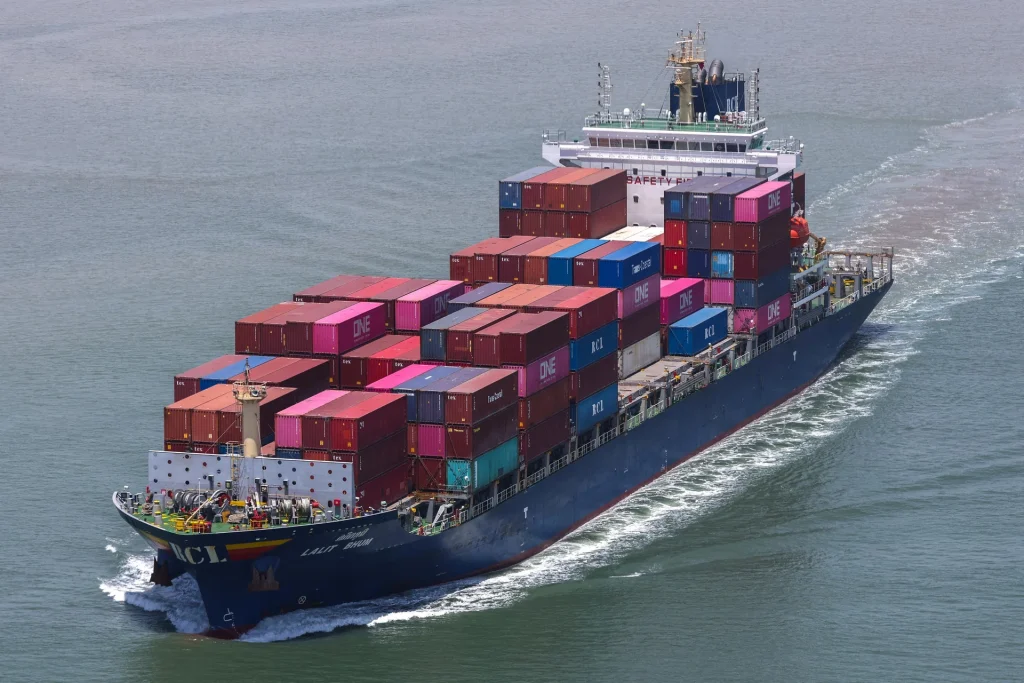[LONDON] The United States has told countries to reject a United Nations’ marine fuel emissions-cutting deal or face tariffs, visa restrictions and port levies, US and European officials and sources told Reuters.
The Trump administration is looking to boost US economic might, including by taking a bigger role in global shipping, and has used tariffs as a weapon to extract better terms from Washington’s trade partners.
In April, countries struck a draft agreement through the UN’s International Maritime Organization (IMO) that would impose a fee on ships that breach global carbon emissions standards.
Washington pulled out of the talks in April, leading up to the draft deal, and said in August that it would retaliate against countries that supported the accord. It has been argued that the measures would place unnecessary burdens on the shipping industry and would be of little help to reduce emissions.
The US State Department has reached out to other IMO member countries in recent days, warning them not to adopt the so-called “Net-Zero Framework”, according to four sources, who declined to be identified due to the sensitivity of the matter.
A State Department spokesperson said that the US was “actively exploring and preparing to act on remedies including tariffs, visa restrictions, and/or port levies, should this effort succeed in the October IMO extraordinary session vote”.
A NEWSLETTER FOR YOU

Friday, 12.30 pm
ESG Insights
An exclusive weekly report on the latest environmental, social and governance issues.
The department will be engaging “our partners and allies” to propose that they take similar measures, the spokesperson said, but would not comment on “private diplomatic discussions with other countries”.
The Dutch government received a verbal warning from representatives of the US government, who said the Netherlands could face tariffs or other retaliatory measures if it supported the adoption of the framework, a spokesperson for the Dutch Ministry of Infrastructure and Water Management said.
It was unclear which other IMO countries had been approached by Washington.
The London-based IMO, which comprises 176 member countries, is responsible for regulating the safety and security of international shipping and preventing pollution.
Global shipping accounts for nearly 3 per cent of the world’s CO2 emissions, and the IMO deal was designed to speed up decarbonisation. About 90 per cent of the world’s trade is conducted by sea, and emissions are set to soar without an agreed mechanism.
“The upcoming (IMO) session in October provides the appropriate platform to address any concerns from member states ahead of the adoption process,” an IMO spokesperson said.
The initial deal was passed by 63 states, with 16 voting no and 24 abstentions. A majority will be required for adoption if it goes to a vote, and sources said that it was unclear if it could pass if more countries abstained. REUTERS


